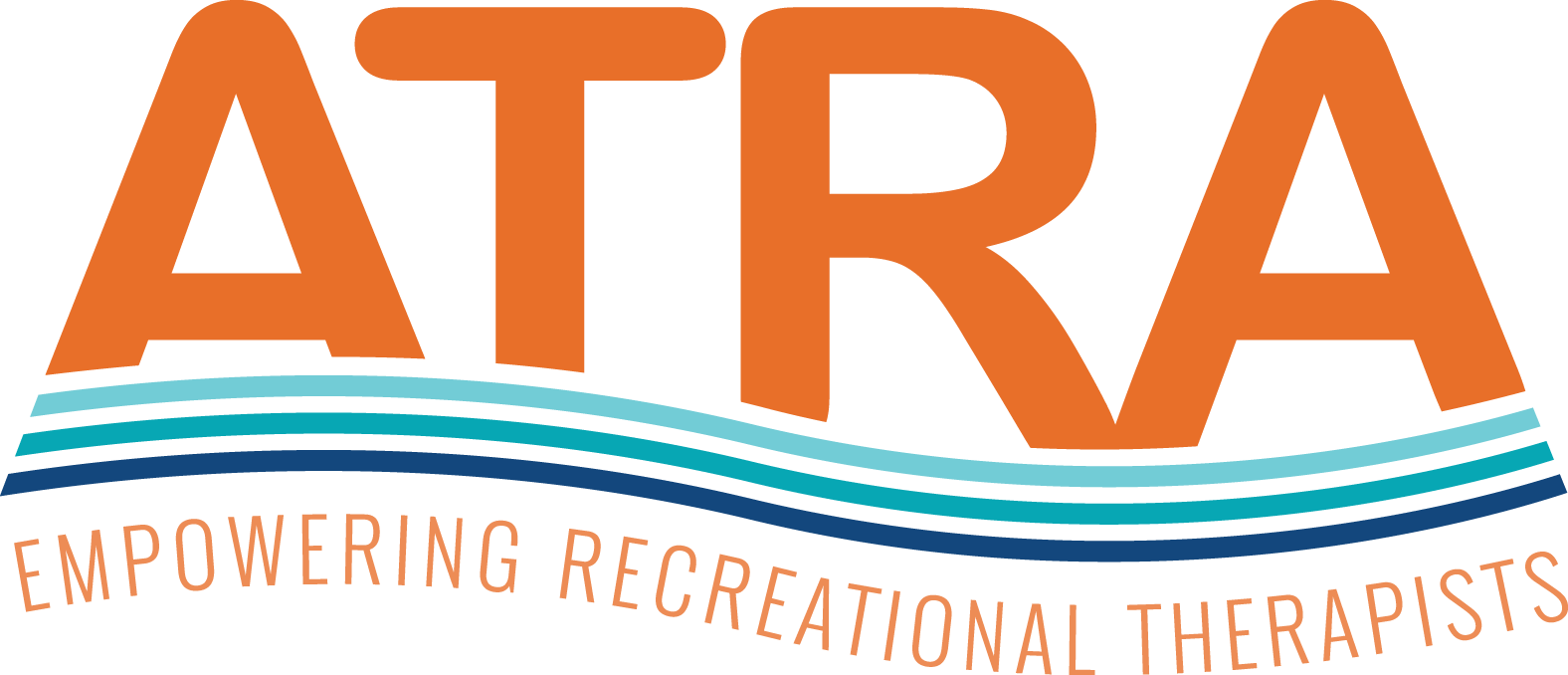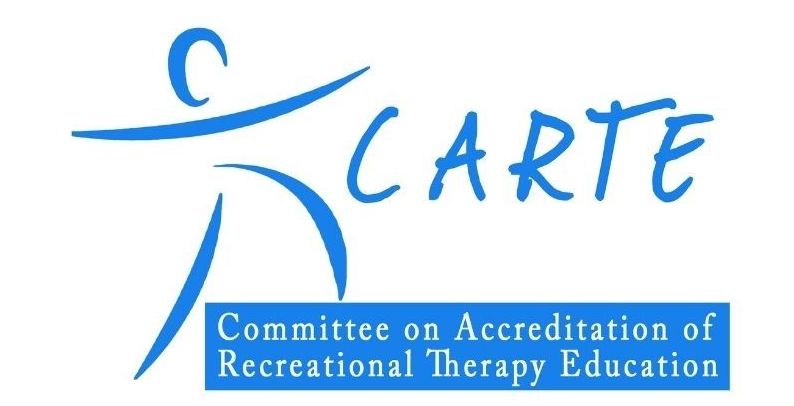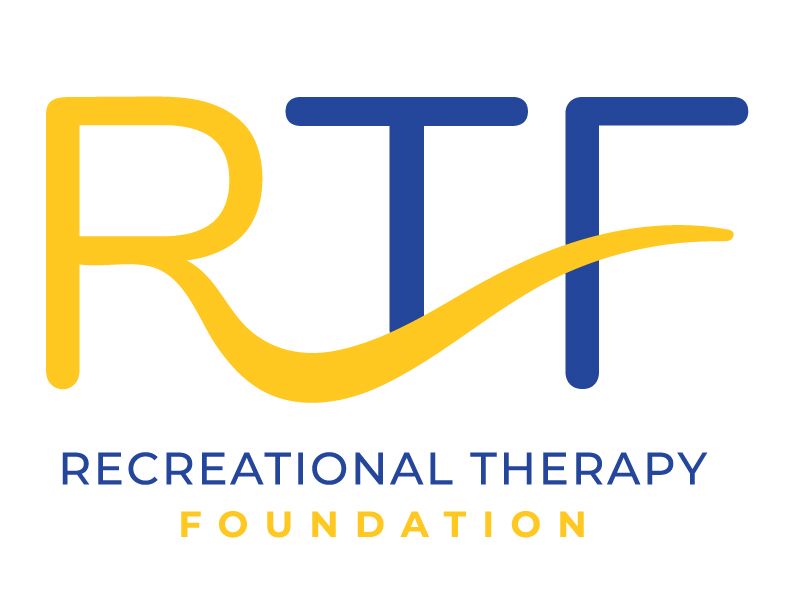Become a Recreational Therapist
What is the path to becoming a recreational therapist? Here is the information you need to know about becoming a recreational therapist.
-
What education is required?
Recreational therapists need a bachelor’s degree, usually in recreational therapy or a related field such as recreation and leisure studies with an emphasis or concentration in recreational therapy/therapeutic recreation.Recreational therapy programs include courses in assessment, human anatomy, medical and psychiatric terminology, characteristics of illnesses and disabilities, and the use of assistive devices and technology. Bachelor’s degree programs usually include an internship. You can see if your state has a program here.
-
What are a Recreational Therapist's credentials?
A qualified recreational therapist is nationally certified as a Certified Therapeutic Recreation Specialist® (CTRS®) through the National Council for Therapeutic Recreation Certification® (NCTRC®) and is often referred to as a Recreational Therapist. Individuals wishing to become certified through NCTRC and earn the Certified Therapeutic Recreation Specialist (CTRS) credential must meet specific educational and professional experience requirements, in addition to passing the NCTRC Certification Exam. Once certified, a CTRS maintains their credential through the NCTRC recertification process.
NCTRC also offers Specialization Area Designation as a direct extension of the CTRS credential for individuals who qualify. Specialization Area Designation is used to indicate recreational therapy experience and focused continuing education within a specified area of practice.
Visit www.nctrc.org for detailed information on the certification process and additional services available through NCTRC.
As of 2024, the following states and districts require a license to practice recreational therapy:
- New Hampshire
- New Jersey
- North Carolina
- Oklahoma
- Utah
- Washington, DC
- Puerto Rico
For specific requirements, contact the state’s licensing board. We have additional information on licensure on the Certification & Licensure page of this website.
-
What qualities are important in a Recreational Therapist?
Compassion. Recreational therapists should be kind and empathetic when providing support to patients and their families. They may deal with patients who are in pain or under emotional stress.
Leadership skills. Recreational therapists must plan, develop, and implement intervention programs in an effective manner. They must be engaging and able to motivate patients to participate in a variety of therapeutic activities.
Listening skills. Recreational therapists must listen carefully to a patient’s problems and concerns. They can then determine an appropriate course of treatment for that patient.
Patience. Recreational therapists may work with some patients who require more time and special attention than others.
Resourcefulness. Recreational therapists customize treatment plans for patients. They must be both creative and flexible when adapting activities or programs to each patient’s needs.
Speaking skills. Recreational therapists need to communicate well with their patients. They must give clear directions during activities or instructions on healthy coping techniques.
-
What do Recreational Therapists do?
A recreational therapist utilizes a wide range of activity and community based interventions and techniques to improve the physical, cognitive, emotional, social, and leisure needs of their clients. Recreational therapists assist clients to develop skills, knowledge, and behaviors for daily living and community involvement. The therapist works with the client and their family to incorporate specific interests and community resources into therapy to achieve optimal outcomes that transfer to their real life situation.
-
What clients do Recreational Therapists serve?
Recreational Therapists may work with a wide range of individuals requiring health services including geriatric, mental health, addictions, general medicine, physical medicine and rehabilitation, developmental disabilities and pediatric clients.
-
Where can you find Recreational Therapists working?
Most recreational therapists are employed by health care agencies and work in traditional inpatient hospitals or health facilities but an increasing number are being hired in residential facilities, community mental health centers, adult day care programs, substance abuse centers, hospice care, community centers, and in school systems. There is a growing trend for recreational therapists to work in private practice providing services in the home and community as well.
Here is some information about Recreational Therapists and the different settings where you can find them working:
Management of Recreational Therapy
Physical Medicine and Rehabilitation
Military Service Members and Veterans




